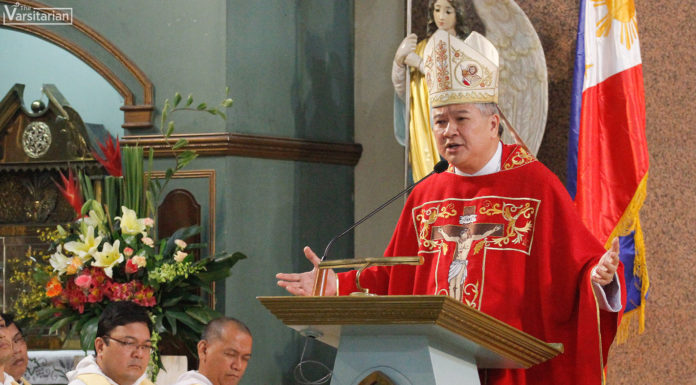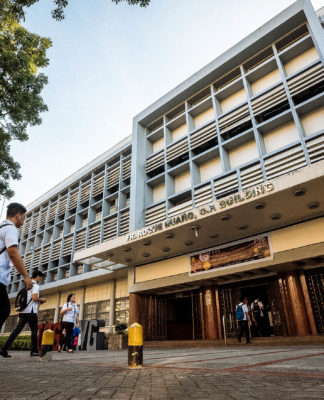 LAST October 18, my godmother, Dr. Charlotte M. Chiong, was awarded as one of the Top Outstanding Filipino Physicians (TOFP) by the Department of Health (DOH). She told me a few days later about the speech that Health Secretary Francisco Duque III gave during the TOFP awarding ceremonies. Duque said that 85 per cent of the country’s healthcare professionals are now abroad and that a “collapse” of the Philippine healthcare delivery system is not too far behind.
LAST October 18, my godmother, Dr. Charlotte M. Chiong, was awarded as one of the Top Outstanding Filipino Physicians (TOFP) by the Department of Health (DOH). She told me a few days later about the speech that Health Secretary Francisco Duque III gave during the TOFP awarding ceremonies. Duque said that 85 per cent of the country’s healthcare professionals are now abroad and that a “collapse” of the Philippine healthcare delivery system is not too far behind.
Concerned, I researched on the topic and discovered that, according to Duque, for every 100 healthcare professionals, 88 have left the country in search of more lucrative jobs abroad. Duque added that for every 28,000 Filipinos, only one government doctor is available and that Filipinos in the rural areas are at a disadvantage because the best doctors in the country practice in Metro Manila.
Furthermore, according to an article published in Manila Standard Today, there is a decrease in the national percentage of medical graduates that are passing the licensure examination for doctors, from 69.15 per cent in 1999 to 56.26 per cent during the last licensure examination.
Also, aside from doctors, it is a well-known fact that a vast majority of our nurses have searched for greener pastures abroad. An article published last August 2006 in an online edition of the Manila Times shows that 164,000 nurses—85 per cent of the country’s total—are practicing in around 46 countries outside the Philippines. Out of this total number, about 100,000 have left in the past 10 years, lured by better pay.
There is also an increase in individuals taking up nursing for the sole purpose of working overseas. In an article published in the Philippine Daily Inquirer, the country currently has over 400 nursing schools and a total of 632,108 students compared to 486,233 last year, most of them planning to work abroad.
I’m currently a graduating student from the College of Nursing. Back when I was a freshman, my class, composed of around 52 students, was asked by our professor on who had plans to work abroad after graduation. All but one of us raised hands. Of course my views have changed since then, but those of my classmates have not.
According to Duque, the sheer volume of healthcare professionals leaving the country “could only mean the under-delivery of medical services to many of our countrymen.” But he said that they are taking steps to prevent this.
That’s why the DOH decided to award the TOFP, to encourage and acknowledge the Filipino doctors who have decided to stay in the country despite the temptation to work abroad.
Duque said that “by recognizing the life-saving contributions of our doctors, we have started our national campaign for patriotism.” He added that with the TOFP awards in place, they are hopeful that snide comments against Filipino medical practitioners like those made in American television shows like Desperate Housewives will be prevented and “will no longer bother us.”















